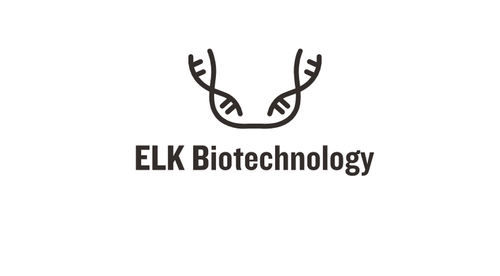Product Description
Human Serine/threonine-protein kinase 24 (STK24) ELISA Kit | AE15625HU | Abebio
Species Reactivity: Human (Homo sapiens)
Abbreviation: STK24
Alternative Name: RP11-111L24.5; MST3; MST3B; STE20; STK3; STE20-like kinase 3|serine/threonine kinase 24|sterile 20-like kinase 3
Application: ELISA
Range: 1.56-100 ng/mL
Sensitivity: 0.59 ng/mL
Intra-Assay: ≤4.4%
Inter-Assay: ≤7.9%
Recovery: 0, 97
Sample Type: Serum, Plasma, Other biological fluids
Detection Method: Sandwich
Analysis Method : Quantitive
Test Principale: This assay employs a two-site sandwich ELISA to quantitate STK24 in samples. An antibody specific for STK24 has been pre-coated onto a microplate. Standards and samples are pipetted into the wells and anySTK24 present is bound by the immobilized antibody. After removing any unbound substances, a biotin-conjugated antibody specific for STK24 is added to the wells. After washing, Streptavidin conjugated Horseradish Peroxidase (HRP) is added to the wells. Following a wash to remove any unbound avidin-enzyme reagent, a substrate solution is added to the wells and color develops in proportion to the amount of STK24 bound in the initial step. The color development is stopped and the intensity of the color is measured.
Product Overview: STK24 shares 69% amino acid identity with STK25 and is a member of the GCK subfamily of STE20-like proteins. Northern blot analysis revealed ubiquitous expression of a 2.0-kb STK24 transcript, with highest levels detected in heart, skeletal muscle, and pancreas. Western blot analysis detected a 52-kD STK24 protein in all cell lines tested.MST3B encodes a predicted 443-amino acid protein. RT-PCR and Northern blot analyses revealed that expression of the 2.5-kb MST3B transcript is restricted to brain; Western blot analysis confirmed the brain-specific expression. In situ hybridization analysis showed that MST3B is widely expressed in different brain regions, with high levels in hippocampus, cerebral cortex, and hypothalamus, and moderate levels in geniculate nucleus and thalamic nucleus.
Stability: The stability of ELISA kit is determined by the loss rate of activity. The loss rate of this kit is less than 5% within the expiration date under appropriate storage condition. The loss rate was determined by accelerated thermal degradation test. Keep the kit at 37°C for 4 and 7 days, and compare O.D.values of the kit kept at 37°C with that of at recommended temperature. (referring from China Biological Products Standard, which was calculated by the Arrhenius equation. For ELISA kit, 4 days storage at 37°C can be considered as 6 months at 2 - 8°C, which means 7 days at 37°C equaling 12 months at 2 - 8°C) .
 Euro
Euro
 USD
USD
 British Pound
British Pound
 NULL
NULL








